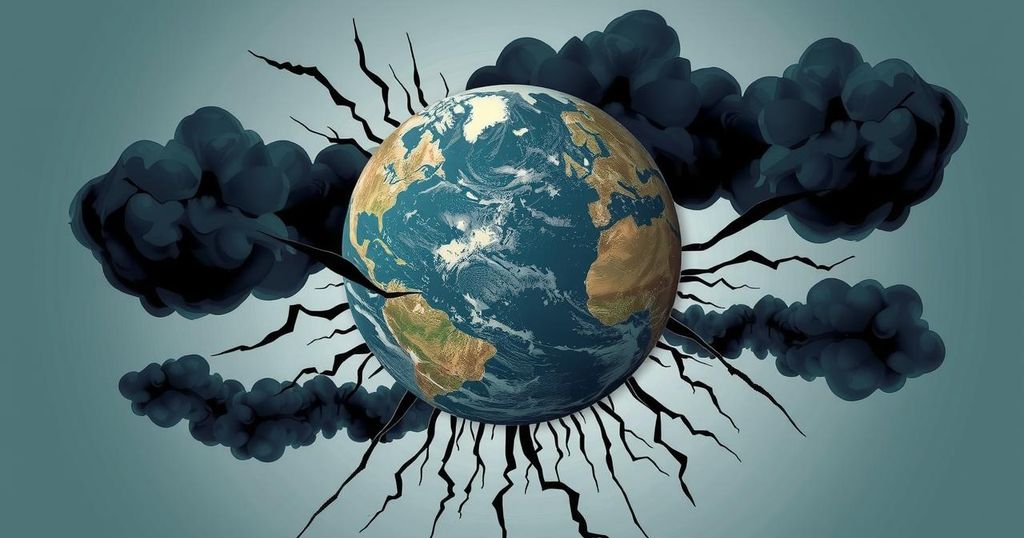Trump Proposes US Ownership of Gaza, Faces Backlash and Criticism

President Trump proposed US ownership of the Gaza Strip, suggesting the relocation of Palestinians to neighboring countries. The initiative has faced widespread criticism from Democrats and humanitarian advocates, who liken the plan to ethnic cleansing. Protests erupted in Washington as concerns about potential human rights violations and geopolitical instability grew.
In a controversial proposal, President Donald Trump announced the United States intends to “take over” the Gaza Strip, suggesting that displaced Palestinians should relocate to neighboring nations. During a joint press conference with Israeli Prime Minister Benjamin Netanyahu, he envisioned transforming Gaza into an area appealing to people globally, likening it to the “Riviera of the Middle East.” This announcement has faced significant backlash from US legislators and various groups concerned about potential ethnic cleansing and human rights violations.
US Secretary of State Marco Rubio supported the initiative, advocating for a liberated Gaza without Hamas and proclaiming the US’ commitment to restoring the region. However, multiple Democrats criticized Trump’s plans, with Congresswoman Rashida Tlaib labeling the proposal a call for “ethnic cleansing” amidst ongoing humanitarian crises in Gaza. Protests occurred outside the White House, emphasizing widespread disapproval from diverse groups, including anti-Zionist orthodox Jews.
US Middle East envoy Steve Witkoff expressed skepticism about rapid recovery for Gaza, warning it may remain uninhabitable for the next decade or more due to extensive destruction. Many analysts, including former Congressman Justin Amash, anticipated severe consequences should the US forcibly relocate Palestinians, characterizing Trump’s rhetoric as reckless and speculating that it could lead to violent repercussions in the region.
Furthermore, Trump’s plan promotes a misguided perception of humanitarianism, with assertions that Palestinians could comfortably relocate, disregarding their historical and emotional ties to Gaza. The prevailing sentiment among critics emphasizes the need for a comprehensive resolution respecting Palestinian rights rather than forced relocation and occupation.
The Saudi government and Hamas swiftly condemned these proposals, reinforcing the need to maintain Palestinian autonomy, while many US lawmakers called for a return to longstanding support for a two-state resolution. President Trump has offered vague assessments of his intent regarding this solution, which has left many western allies perplexed by the potential for increased instability in the region.
The Gaza Strip, a densely populated region with significant humanitarian challenges, has been a focal point of conflict between Israelis and Palestinians. Recent escalations in violence have intensified calls for a comprehensive solution to the Israeli-Palestinian conflict. Trump’s declaration to claim ownership over Gaza represents a significant shift in US foreign policy, posing potential ethical concerns and geopolitical ramifications.
In summary, President Trump’s proposal to take ownership of Gaza, suggesting the relocation of its Palestinian population, has sparked widespread criticism and protests. Many US lawmakers and human rights advocates view these plans as an affront to international norms regarding displacement and human rights. The situation in Gaza remains precarious, necessitating a careful approach that respects the rights and autonomy of its residents while promoting peace in the region.
Original Source: www.theguardian.com






